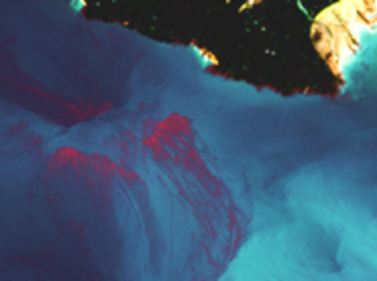LASHA (2020-2021)
To understand the ecology and manage risks associated with toxic blooms, it is essential to characterize their spatio-temporal dynamics (timing, duration) and their composition according to environmental forces. These phenomena are difficult to study with classical sampling methods because they are ephemeral, mobile and relatively small . Studying phytoplankton phenology from space has emerged as one of the best ways to monitor the state of coastal ecosystems and detect changes caused by disturbed environmental conditions. The objective of the LAboratory to Satellite experiments for remote sensing of Harmful Algae (LASHA) project is to develop algorithms for the remote detection of phytoplankton species responsible for harmful blooms, by using an original approach based on the optical characterization of toxic microalgae grown in the laboratory.


